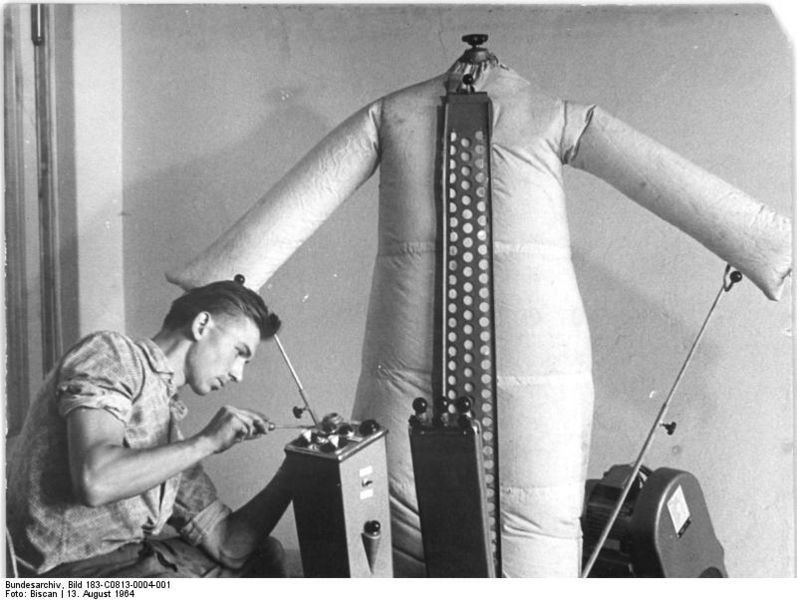At Rob Walker’s Yahoo! blog, he interviews technology critic Douglas Rushkoff about his new book, Present Shock, an updating of sorts of Alvin Toffler’s Future Shock. An excerpt about adaptation strategies in our brave new world:
“Qusetion:
The book addresses what you’re calling ‘present shock,’ referencing Alvin Toffler’s idea of ‘future shock,’ and (if I can oversimplify) suggesting that we’re now living in Toffler’s future, and we’re not coping all that well. How might we respond to ‘society without narrative context’?
Douglas Rushkoff:
Present Shock is the panicky reaction to this always-on, real-time society in which we have found ourselves. But there are definitely ways to adapt and thrive in a ‘presentist’ world. So, take the collapse of narrative. We live in a world where it’s really hard to tell a story. People don’t have patience, they have interactive devices that encourage them to break up or leave a story in progress, and they don’t really think about things as having beginnings, middles and ends. We are in the now, and not looking forward to long-term goals anymore. This is as true for kids playing endless adventure games like World of Warcraft as it is for derivatives traders hoping to make money not off long-term investments but on the trades themselves.
So on the one hand, we get the scary stuff: movements with long-term goals are increasingly unpopular. Political parties are hated. The notion of a career path or a commitment to (and from) an employer seems ludicrous. On the other hand, we begin to see some people attempting to live in a more ‘steady state.’ We don’t have to fight and win wars so much as deal with our problems in a more ongoing way. Global warming is not something we fight against and ‘win,’ but a chronic problem we can only face with sustainable solutions. We don’t need to yearn for endings—unless of course we really want to bring about the apocalypse. Instead, we must grow beyond the simple stories on which we were raised, and learn to live in a never-ending kind of story, in which we are the living players.
This is what Occupy was groping toward, in its own way. They don’t have demands or goals so much as approaches. They are attempting to model a way of living. When asked how the movement is supposed to ‘end,’ they say, “Why should it end?'”
Tags: Douglas Rushkoff, Rob Walker

